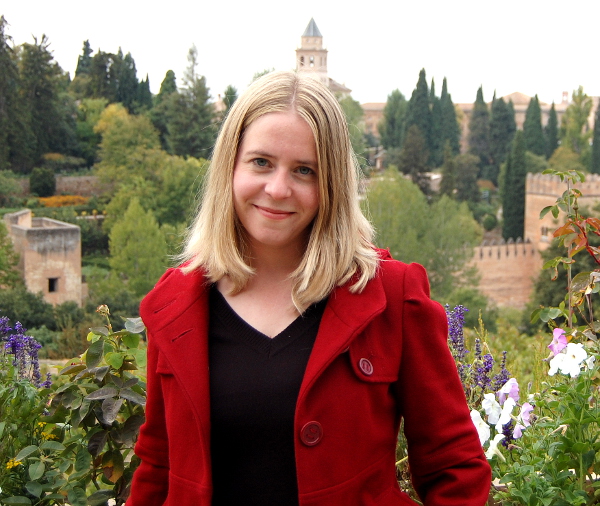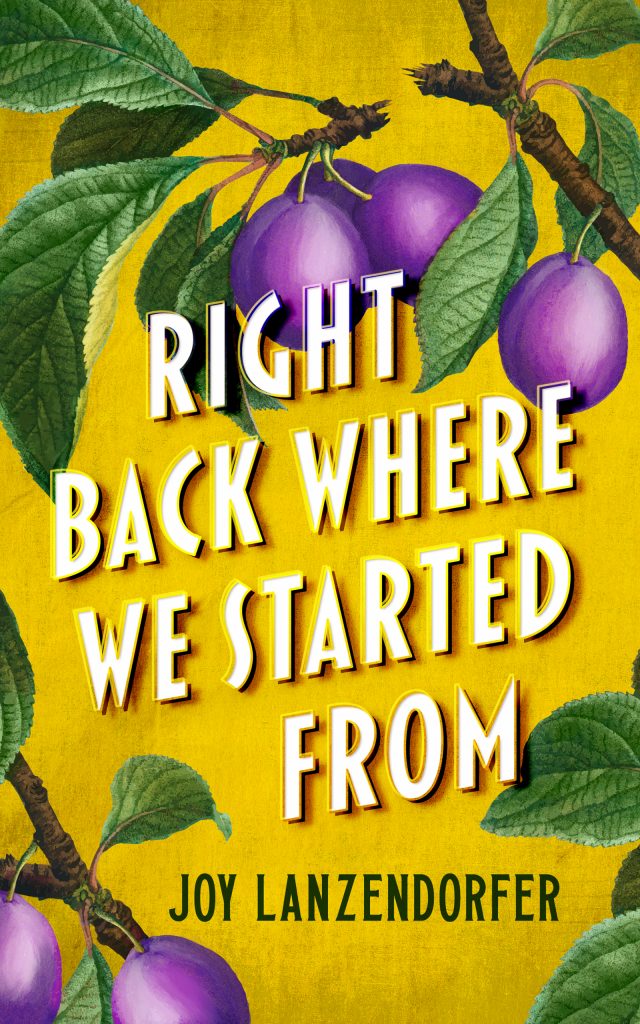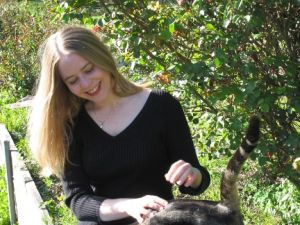 Every so often, I like to listen to Stephen Sondheim’s thoughts on writing. This isn’t because I want to write musicals. And while some people may herald Bob Dylan’s Nobel Prize as the long overdue blurring of songwriting and literature, I’m not one of them. As much as I like Dylan, I don’t believe a songwriter is also a poet. In fact, one reason I seek out Sondheim’s thoughts on language is because lyric writing is different enough from what I do to make his observations feel fresh.
Every so often, I like to listen to Stephen Sondheim’s thoughts on writing. This isn’t because I want to write musicals. And while some people may herald Bob Dylan’s Nobel Prize as the long overdue blurring of songwriting and literature, I’m not one of them. As much as I like Dylan, I don’t believe a songwriter is also a poet. In fact, one reason I seek out Sondheim’s thoughts on language is because lyric writing is different enough from what I do to make his observations feel fresh.
For example, in one interview, Sondheim said that “words that are spelled differently, but sound alike, such as rougher and suffer, engage the listener more than those spelled similarly, rougher and tougher.” It’s true! Rhyming differently spelled words adds extra interest to the lines. What does that suggest, other than we’re unconsciously spelling words while we’re listening to certain kinds of language? That makes me, a prose writer, wonder about my own work, and how the spelling of words can subvert a reader’s expectations.
Sondheim is an excellent wordsmith. His songs are full of intelligent, character-driven storytelling that illuminate larger issues, whether it’s female misogyny in Ladies Who Lunch, the creative process in Finishing the Hat, or the pre-wedding freak-out in Getting Married Today. His songs are sharp, funny, and self-contained. They just aren’t poetry.
Sondheim would agree with me on that. Unlike the Nobel Prize committee, he doesn’t consider poetry and lyrics to be the same. Because of the richness of music, he says, lyrics must be economical and spare. Complex ideas are pared down to simpler language so that the audience can follow along.
“That’s why poets generally make poor lyric writers,” he said. “Not always, but generally they do, because the language is too rich. … I firmly believe that lyrics have to breathe and give the audience’s ear a chance to understand what’s going on. Particularly in the theater, where you not only have the music, but you’ve got costume, story, acting, orchestra. There’s a lot to take in. The whole idea of poetry is denseness, is concision, is abutment of images, and that sort of thing. You can’t do that when you’ve got music going, and expect the audience to take it in.”
When people equate lyric writing with poetry, they’re often trying to express how meaningful they found a song. The word “poetry” is associated with depth, so to call something poetic is to say it’s beautiful, eloquent, or profound. Thus, songwriters who are adept at language are called poets despite the fact that they aren’t actually writing poetry.
But to say that lyrics and poetry are the same is to discount the role music plays in a song. Song lyrics, no matter how lovely, are meant to work with music. When you separate one from the other, you’re getting only part of a whole. On the other hand, a poem, as poet Paul Muldoon said, “brings its own music with it.”
Perhaps the solution isn’t to give songwriters prizes meant for writers, but to acknowledge the skill and eloquence that goes into writing a successful song. In one interview, Sondheim said it took him seven-and-a-half hours to come up with the line, If I must leave tomorrow / One thing before I go / You’ve made me see the passion of love / And I thought you should know. He added that he wouldn’t recommend lyric writing to anyone.
“It’s very difficult work,” he said in another interview. “And it’s not often rewarding work because I find that I almost make it, almost make it, if only there were a two-syllable work that began with a “B”, it would be a perfect line. And you can’t find it, and it’s very frustrating.”
Whether you’re a musician or a writer, if you’ve ever agonized to find the exact word, you know what he means.


 Every so often, I like to listen to Stephen Sondheim’s thoughts on writing. This isn’t because I want to write musicals. And while some people may herald Bob Dylan’s Nobel Prize as the long overdue blurring of songwriting and literature, I’m not one of them. As much as I like Dylan, I don’t believe a songwriter is also a poet. In fact, one reason I seek out Sondheim’s thoughts on language is because lyric writing is different enough from what I do to make his observations feel fresh.
Every so often, I like to listen to Stephen Sondheim’s thoughts on writing. This isn’t because I want to write musicals. And while some people may herald Bob Dylan’s Nobel Prize as the long overdue blurring of songwriting and literature, I’m not one of them. As much as I like Dylan, I don’t believe a songwriter is also a poet. In fact, one reason I seek out Sondheim’s thoughts on language is because lyric writing is different enough from what I do to make his observations feel fresh.